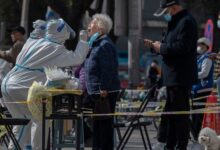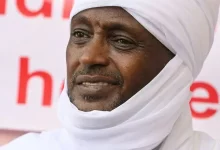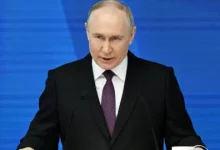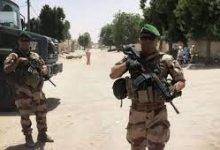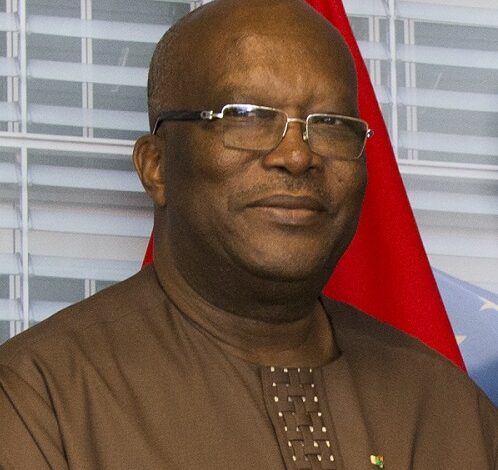
Burkina Faso’s former President, Roch Kabore, who had been under house arrest since he was toppled in a military coup in January, has been allowed to return to his family home, according to the country’s interim government.
Kabore was allowed to return to his residence in the capital, Ouagadougou, on Wednesday, the interim government said, adding that security measures would be installed to “guarantee his safety”.
West African leaders last month asked the military government to free the ex-president and lay out a “more acceptable” timeline for a return to democracy than its current 36-month transition period which was agreed upon internally after the coup.
So far, the government has resisted pressure from the regional bloc, Economic Community of West African States (ECOWAS), to relinquish power in less than three years, saying its priority was to tackle insecurity across the country.
The military seized power in late January, deposing President Roch Kabore in a coup and citing what they described as his inability to contain Islamist insurgents who controlled swathes of territory.
“To establish a viable democracy, the first thing we need to do is to clear the territory (of Islamists), to allow peace to return,” junta spokesman, Lionel Bilgo, told a news conference in Ouagadougou.
West Africa’s main political and economic bloc said it would give Mali’s military transitional government 12 to 16 months to arrange elections and offered Guinea’s ruling junta a month to propose a democratic transition timeline.
After a summit in Accra, leaders of the Economic Community of West African States (ECOWAS) also agreed to ask Burkina Faso’s interim leaders to reduce a proposed transition of 36 months to a “more acceptable timeline,” the bloc’s Commission President, Jean Claude Kassi Brou, told a news conference.
West Africa has been rocked by two coups in Mali, one in Guinea and one in Burkina Faso since August 2020, tarnishing its reputation as a model of democratic progress in Africa.
The 15-nation ECOWAS had repeatedly condemned the putsches and was trying to bring power back into civilian hands.
“Our democratic values must be preserved,” Kassi Brou said. “Some countries are going through challenges, but we must address those challenges collectively.” –Aljazeera/Reuters

